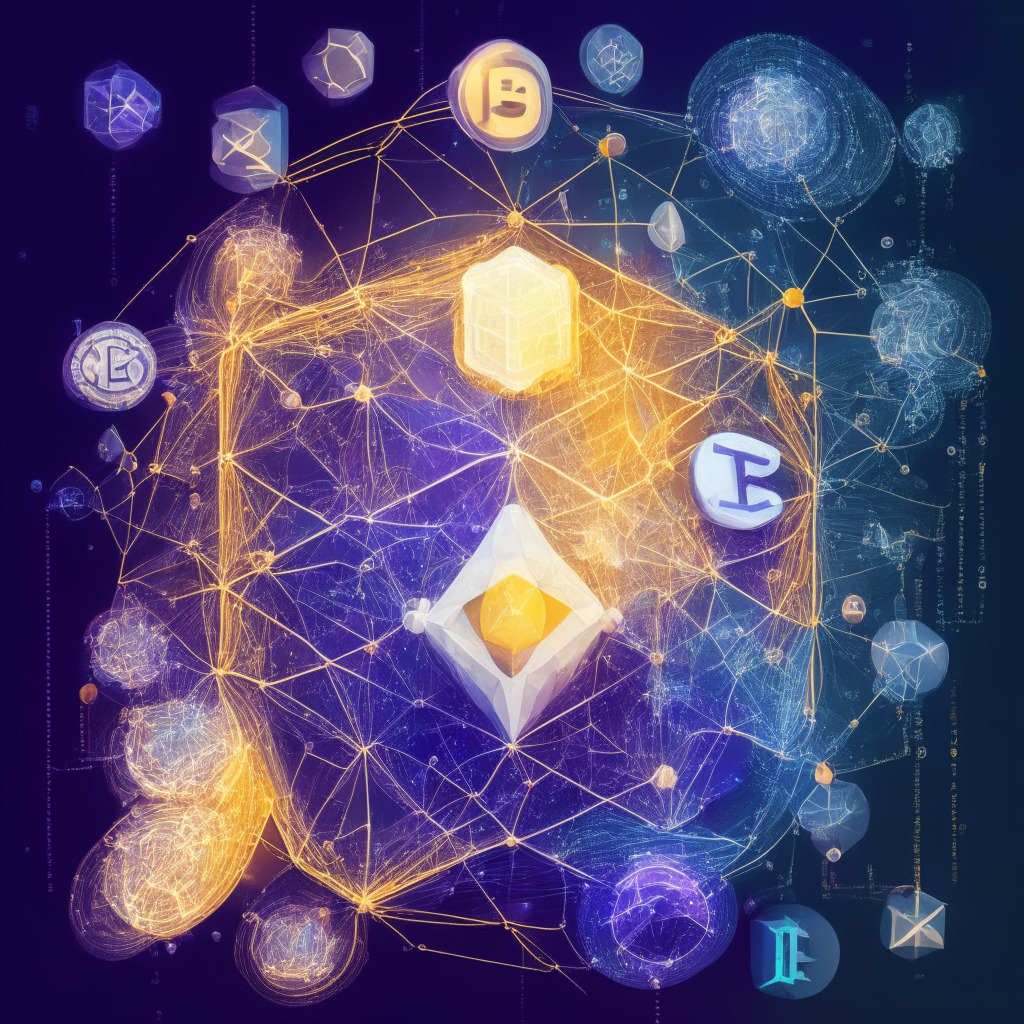JPMorgan has broadened its JPM Coin blockchain payment service to include euro-denominated transactions for corporate clients. Launched in 2019 for dollar payments, the platform provides wholesale payments clients the ability to transfer dollars or euros between JPMorgan accounts globally, or make payments to other bank customers using blockchain technology as an alternative to traditional payment methods.
Basak Toprak, JPMorgan’s head of Coin Systems for Europe, the Middle East, and Africa, reportedly claimed that corporate treasurers could utilize the system for more effective liquidity management. For example, initiating payments just prior to their due date could result in increased interest income on their deposits. Toprak said, “There are cost benefits to paying at the right time. This could mean they could earn more interest income on their deposits.”
Compared to traditional transactions that are usually processed only during business hours, JPM Coin payments operate 24/7 and execute more swiftly. German company Siemens AG recently became the first to use the service for euro payments.
Despite the relative success of JPM Coin, with approximately $300 billion worth of transactions processed since its inception, it remains a small fraction of JPMorgan’s overall payments business, which handles almost $10 trillion daily. Nonetheless, many major banks, such as Goldman Sachs Group, Banco Santander, and Societe Generale, have been exploring blockchain technology for nearly a decade to improve their processes and have advanced their digital asset projects.
In late April, JPMorgan announced its commitment to tokenizing traditional financial assets despite last year’s market downturn. Tyrone Lobban, head of JPMorgan’s digital asset and tokenization platform Onyx, disclosed that the bank has processed nearly $700 billion in short-term loans on Onyx, with more expected shortly. According to Lobban, “We think that tokenization is a killer app for traditional finance.”
He also mentioned the potential benefits of tokenization for private markets, such as private credit, private equity, and private real estate, which are substantially less liquid than public markets. This significant liquidity disparity could be addressed by employing blockchain technology.
In October of the previous year, JPMorgan explored the idea of a digital wallet or a Web3 digital ID offering. This innovation could enable users to securely traverse digital realms using one digital identity in various places.
As major financial institutions continue to adopt and invest in blockchain technology, the traditional finance landscape is evolving. While some remain skeptical about the practicality of blockchain, the ongoing development and success of platforms like JPM Coin highlight the potential to reshape the industry.
Source: Cryptonews




